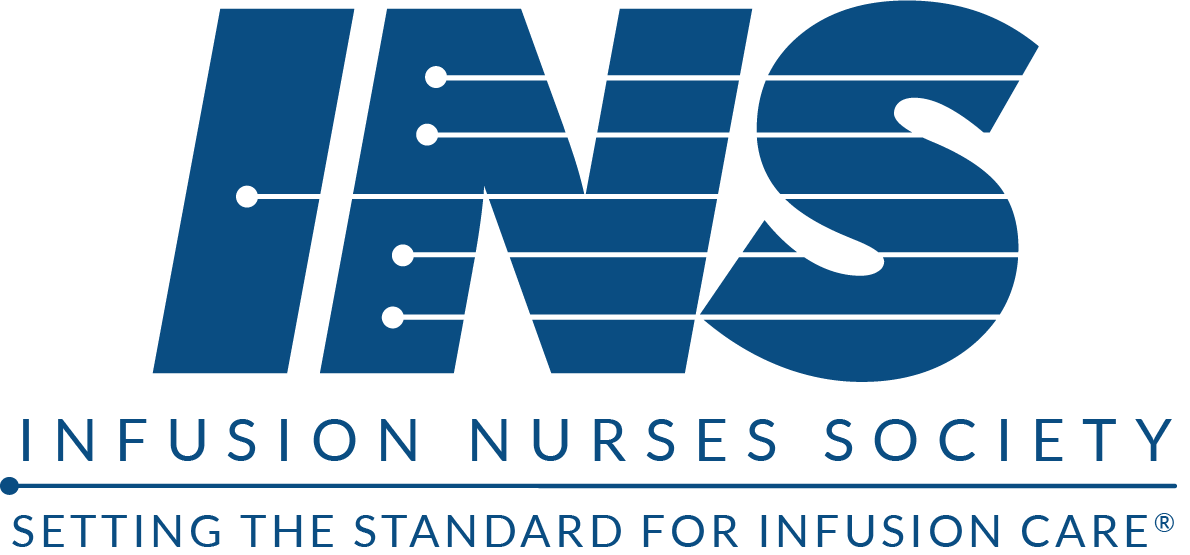The criminalization of medical errors poses a serious threat to the healthcare workforce, undermining years of progress aimed at fostering transparency and safety in healthcare settings. When healthcare providers fear legal repercussions for unintentional mistakes, the result is a chilling effect—discouraging the reporting of errors and ultimately compromising patient safety. We must stand together to prevent this dangerous precedent from taking hold.
The Case of RaDonda Vaught: A Wake-Up Call
In 2017, Tennessee nurse RaDonda Vaught made a medication error that tragically led to a patient’s death. Instead of addressing the situation through professional accountability channels, prosecutors pursued criminal charges against her, leading to a conviction that sent shockwaves through the nursing community. This case set a dangerous precedent—one that could push healthcare workers to practice defensively, avoid disclosing mistakes, or even leave the profession altogether.
The Unintended Consequences of Criminalization
Industries like automobile manufacturing can halt production to address systemic flaws, but healthcare providers do not have the luxury of stopping patient care to prevent errors. Instead, they must be able to report issues freely, without fear of criminal prosecution, to improve safety for all. Criminalizing medical errors does not prevent them—it only drives them underground, making it harder to learn from mistakes and implement system-wide improvements.
If every mistake carried the risk of imprisonment, many healthcare professionals would hesitate to report errors. The ultimate result? A culture of silence, a decrease in patient safety initiatives, and a greater likelihood of repeated mistakes going unaddressed.
A Model for Change: Kentucky’s Legislation
Kentucky has taken a bold and necessary step in protecting healthcare providers by enacting a law that grants immunity from criminal liability for medical errors under specific conditions. This law reinforces the principle that medical mistakes should be addressed through professional licensing boards rather than the criminal justice system—unless there are aggravating factors such as intent or gross negligence.
Other states should follow Kentucky’s lead and introduce similar legislation to ensure that healthcare professionals can continue to report errors without fear of criminal prosecution. The focus should remain on fostering a supportive environment for improvement, rather than on punishing those who dedicate their lives to patient care.
The Role of Nurses: Using Our Voices for Change
As nurses, we must take a stand. We are the backbone of the healthcare system, and we must protect both our profession and our patients by advocating for fair and just policies. Here’s how you can take action:
- Engage with Your State Nurse Association – Voice your concerns and urge them to push for legislative protections similar to Kentucky’s.
- Educate Yourself and Others – Share the implications of criminalizing medical errors with colleagues and healthcare leaders.
- Contact Your Legislators – Call or write to your state representatives to demand policies that prioritize patient safety over punitive measures.
- Support a Culture of Transparency – Encourage open discussions about medical errors in your workplace to promote learning and improvement rather than fear and silence.
Think About the Impact
The next time you directly or indirectly experience a medical error, consider how criminalization might have affected the situation. Would the error have been reported? Would solutions have been put in place to prevent it from happening again? The future of healthcare depends on our ability to learn from mistakes—not punish those who make them.
Call to Action: Stand Up for Patient Safety and Fairness
We must take action now. Reach out to your state’s nursing association, speak with policymakers, and demand that laws be put in place to protect healthcare professionals from unfair criminal prosecution. We must create a system that prioritizes patient safety and learning rather than fear and punishment. Let’s work together to ensure that no more nurses are subjected to the fate of RaDonda Vaught.
Our voices have the power to shape the future—let’s use them to champion a just and effective healthcare system. As the most trusted professionals in our communities, nurses hold the key to advocacy that drives meaningful, lasting change. When we stand together, we don’t just speak—we transform healthcare for generations to come.
Danielle Jenkins, MBA, BSN, RN, CRNI
References
- American Nurses Association. (2022). The Criminalization of Medical Errors: Implications for Nursing and Patient Safety. Retrieved from www.nursingworld.org
- Institute for Healthcare Improvement. (2021). The Importance of a Just Culture in Healthcare. Retrieved from www.ihi.org
- National Council of State Boards of Nursing. (2023). Addressing Medical Errors Through Professional Accountability. Retrieved from www.ncsbn.org
- Kentucky General Assembly. (2023). New Protections for Healthcare Workers: Legislation on Medical Errors. Retrieved from www.legislature.ky.gov
- The Tennessean. (2022). RaDonda Vaught Case: How It Changed Nursing and Medical Accountability. Retrieved from www.tennessean.com







